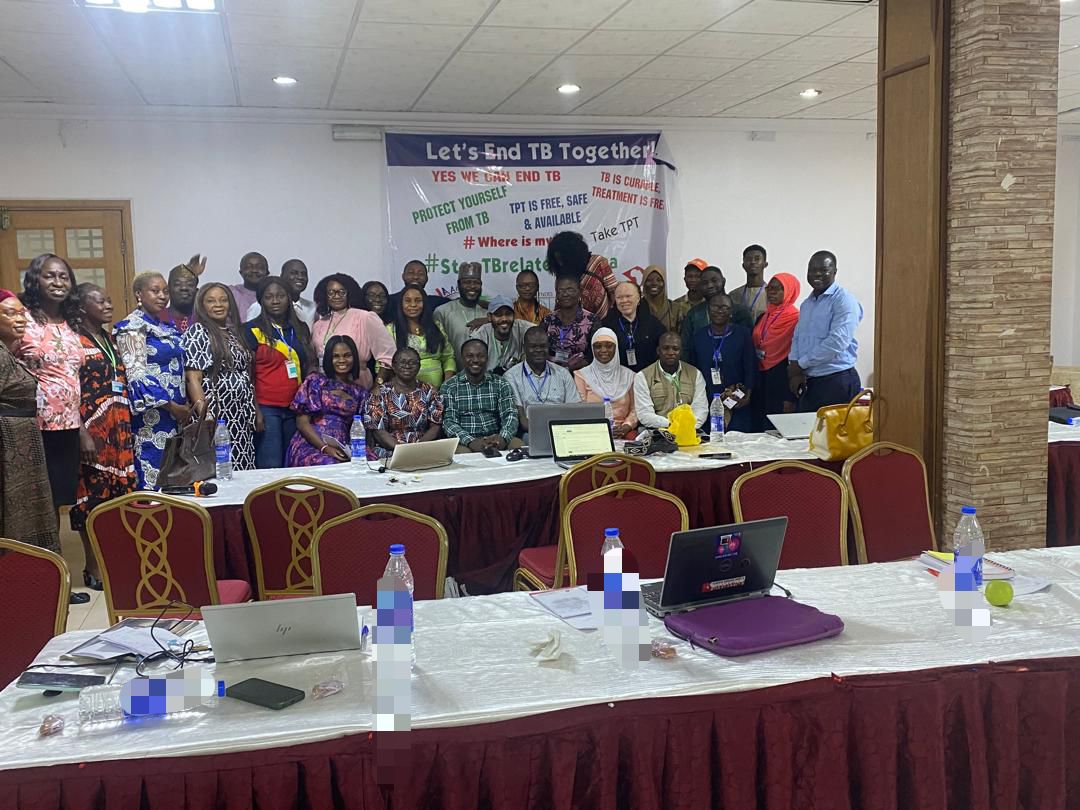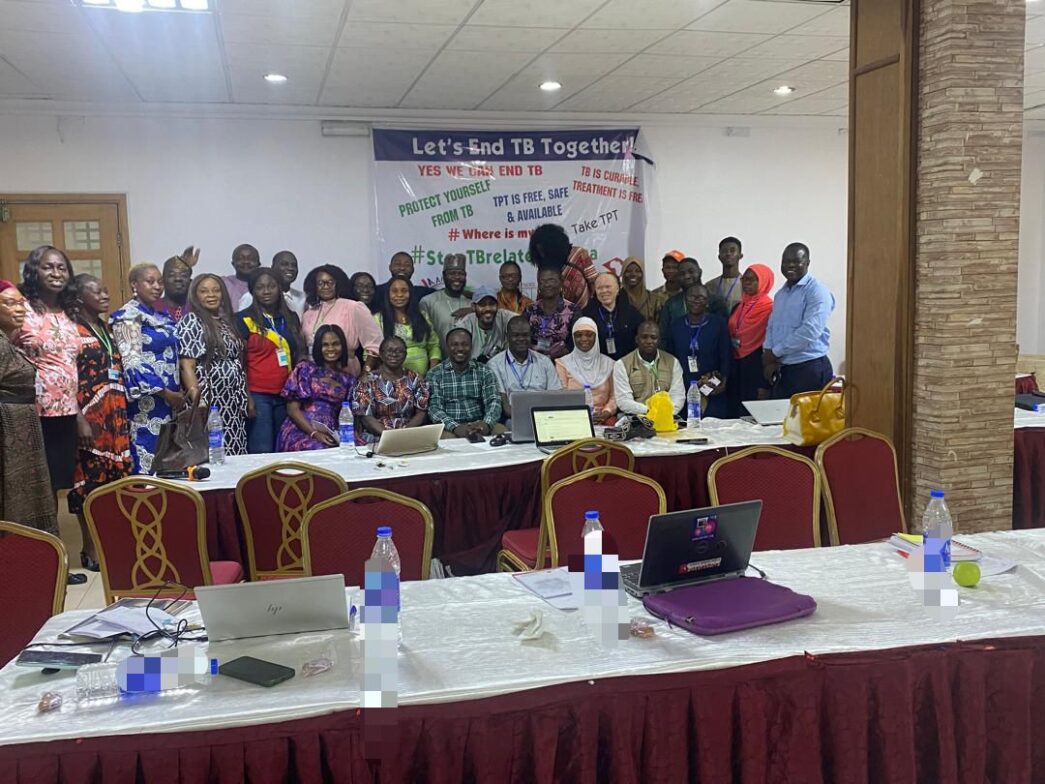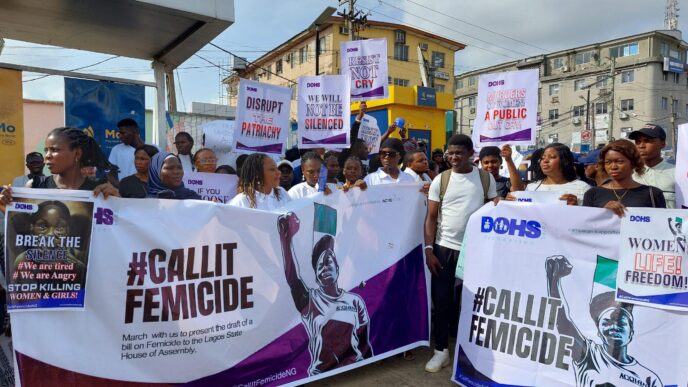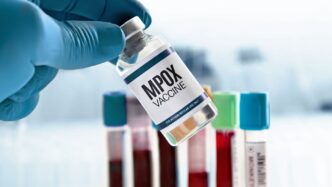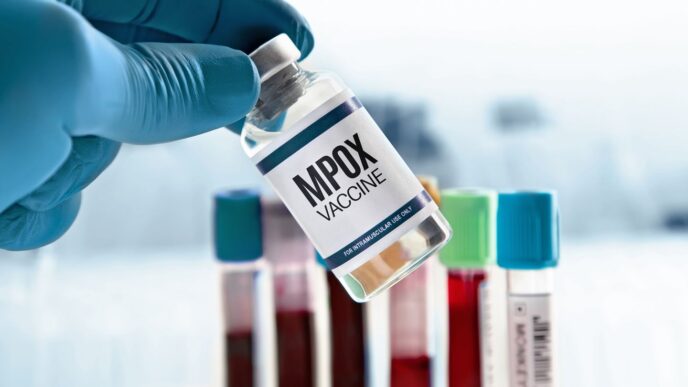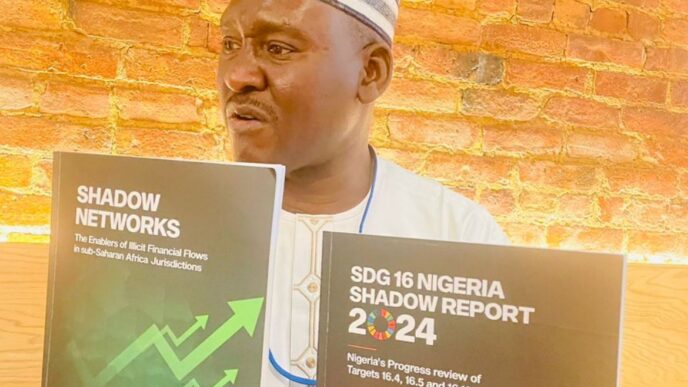JAAIDS trains journalists in Lagos
The Journalists Against AIDS (JAAIDS) Nigeria, in collaboration with the Lagos state TB Control Programme, has rounded off a three-day training for journalists.
The training, which held between September 17-19 in Lagos, sought to enhance accurate reporting on tuberculosis (TB) and promote the uptake of short-course Tuberculosis Preventive Therapy (TPT).
It also aimed to equip journalists with the skills needed to drive public demand for TPT.
The training was implemented under the IMPAACT4TB project in Lagos state, with support from the AURUM Institute and UNITAID, and was coordinated by the Treatment Action Group (TAG).
Advertisement
Babajide Kadiri, Lagos team lead of the TB Local Organisations Network (LoN 3), took the participants through the fundamentals of tuberculosis.
Kadiri noted that the disease is caused by mycobacterium tuberculosis, an airborne bacterium that primarily affects the lungs but can also impact other parts of the body, including the lymph nodes, bones, and the central nervous system.
He emphasised that TB is transmitted when a person with the disease, particularly those not on appropriate treatment, releases germs into the air through coughing or sneezing.
Advertisement
He also noted the importance of TPT in combatting the spread of TB, highlighting various regimens available for prevention.
These include the long-standing six-month Isoniazid (6H) regimen, the three-month Isoniazid and Rifampicin (3HR) introduced in 2021, and the latest one-month Isoniazid and Rifapentine (1HP) regimen introduced in late 2023, which is supported by the Aurum Institute for use in Lagos.
He added that TPT is recommended for individuals at high risk of developing TB, especially those who have been in close contact with TB-affected persons.
SECOND PHASE OF PROJECT
Advertisement
Olayide Akanni, executive director of JAAIDS, noted that the IMPAACT4TB Project is in its second phase.
She said the project aims to address prevailing myths around TB Preventive Treatment (TPT) in Lagos state by promoting treatment literacy through various media channels.
Akanni emphasised the need to equip journalists with the necessary knowledge to report accurately on TPT options, thereby advocating for increased budgetary allocations from the Lagos state government.
She also outlined key activities undertaken, including consultative meetings with beneficiaries and healthcare workers to identify challenges faced during TPT usage.
Advertisement
She recommended enhancing community outreach and developing informational materials to better educate clients and healthcare providers about TPT, ultimately aiming to improve treatment uptake and health outcomes in the region.
In another session, Olusola Shokoya, manager of the Lagos state TB, Leprosy, and Buruli Ulcer Control Programme, highlighted the significant challenge of “missed” TB cases in Lagos.
Advertisement
He noted that Nigeria accounts for 11% of the world’s missed TB cases, with Lagos state missing 65% of its expected TB cases in 2023—over 31,000 cases.
He added that despite having a population of over 25 million and a network of 1,426 Direct Observation Therapy (DOTS) facilities and 38 GeneXpert machines, gaps in detection and treatment remain a major concern.
Advertisement
Shokoya discussed strategic interventions aimed at closing these gaps, including intensified case finding in public and private facilities, active searches using mobile vans, and community-driven efforts like contact tracing.
He also stressed the importance of partnerships with organisations such as the Damien Foundation Belgium (DFB) and TB Local Organisations Network (LoN 3), which are working to improve TB detection and treatment across the state.
Advertisement
He identified enhanced integration of TB and HIV services and stronger efforts to tackle Drug-Resistant TB as key priorities moving forward.
SIGNIFICANT THREAT
Stella Makpu, PPM focal person, National TB and Leprosy Control Programme (NTBLCP) highlighted the significant public health threat TB poses in Nigeria, with the country recording the highest burden of TB in Africa and the sixth globally.
She referenced the WHO’s 2022 Global TB report, which estimates Nigeria’s TB incidence at 219 cases per 100,000 population.
She noted that despite these alarming figures, the NTBLCP, in partnership with other stakeholders, is working to implement the National Strategic Plan (2021-2026) aimed at achieving universal access to quality TB prevention, diagnosis, and treatment services by 2026.
On his part, Lekan Otufodunrin, the executive director of the Media Career Development Network, highlighted the importance of keeping TB issues in the news through effective storytelling and media engagement.
He noted that TB remains a significant public health problem in Nigeria, where awareness is low and government attention is insufficient.
Otufodunrin also noted the human rights aspect of TB reporting, urging journalists to respect the dignity and rights of people living with TB.
He stressed that media professionals should advocate for the protection of these rights, especially as TB disproportionately affects vulnerable populations.
He noted that by prioritising health reporting, diversifying coverage beyond major issues, and sharing real human interest stories from affected individuals and healthcare providers, journalists can raise awareness, reduce stigma, and promote local funding for TB initiatives.
There were also presentations from Lynette Mabote of the Treatment Action Group (TAG), Ogwa Omonigbo, medical adviser at Damien Foundation; Umar Ismail from Rahama Girl Child and Women Empowerment Initiative; Rahman Finnih, JAAIDS project officer; and testimonies from TB survivors.
Add a comment
